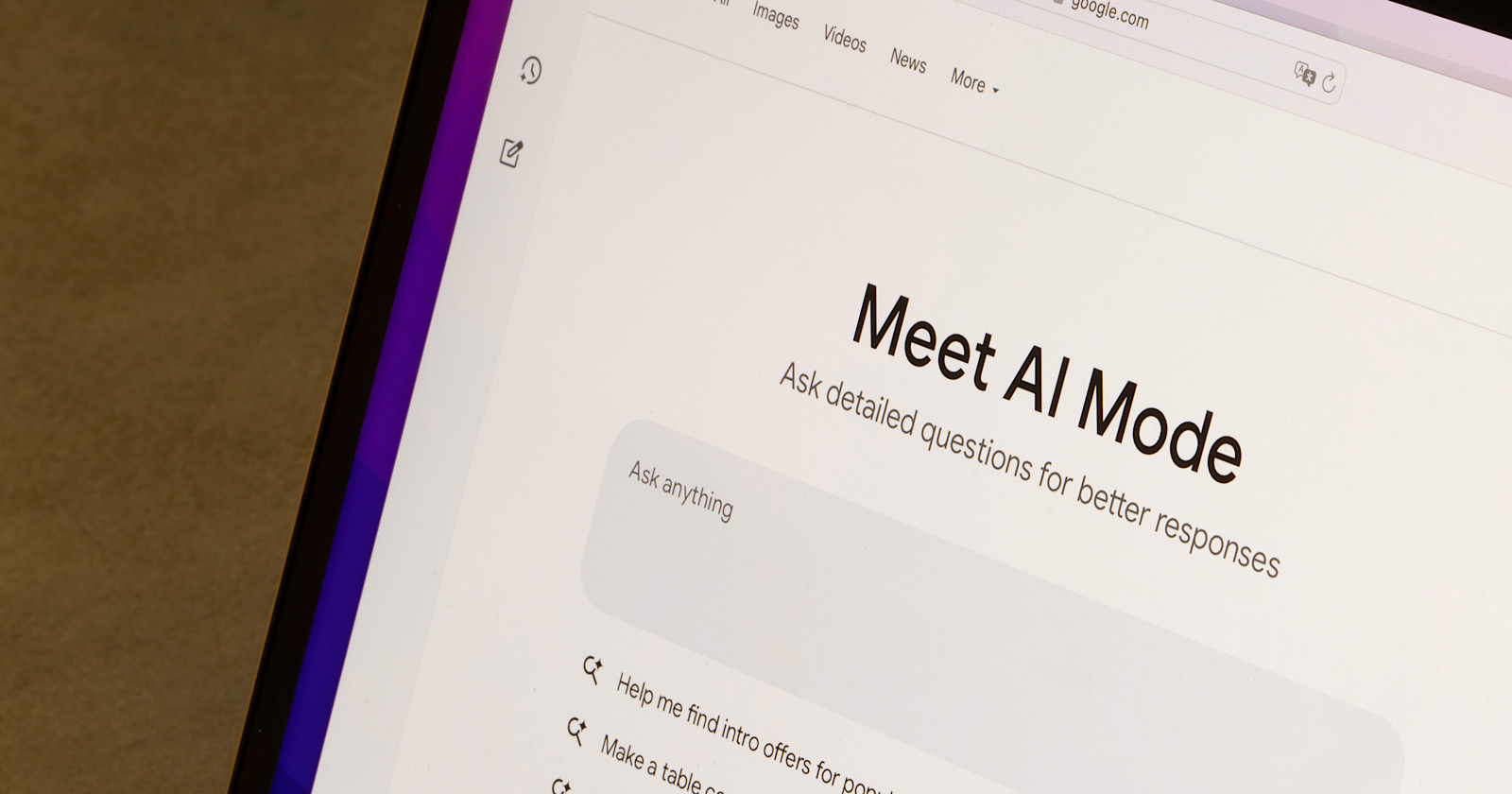Is SEO Still Relevant In The AI Era? New Research Says Yes
New research analyzing 25,000 user searches found that websites ranked #1 on Google appear in AI search answers 25% of the time.
This data demonstrates that traditional SEO remains relevant, despite claims that AI has rendered it obsolete.
Tomasz Rudzki, co-founder of ZipTie, studied real searches across ChatGPT, Perplexity, and Google’s AI Overviews. His findings challenge the widespread belief that AI makes traditional SEO pointless.
Top Rankings Translate To AI Visibility
The data shows a clear pattern: if you rank #1 on Google, you have a 1-in-4 chance of appearing in AI search results. Lower rankings result in lower chances.
Rudzki stated:
“The higher you rank in Google’s top 10, the more likely you are to appear in AI search results across platforms. This isn’t speculation – it’s based on real queries from real users.”
The pattern holds across all major AI search platforms, suggesting that they all rely on traditional rankings when selecting sources.
How AI Search Engines Select Sources
The study detailed how AI search operates, using information from Google’s antitrust trial. The process involves three main steps:
Step 1: Pre-selection
AI systems identify the best documents for each query, favoring pages with higher Google rankings.
Step 2: Content Extraction
The AI extracts relevant information from these top-ranking pages, prioritizing content that directly answers the user’s question.
Step 3: AI Synthesis
The AI synthesizes this information into one clear answer, utilizing Google’s Gemini model for this step.
Google’s internal documents from the trial confirmed a critical fact: using top-ranking content enhances the accuracy of AI responses, which explains why traditional rankings continue to be so significant.
The Query Fan-Out Effect Explained
Sometimes, you’ll come across sources that don’t make it into the top 10. Research identified two reasons why:
Reason 1: Personalization
Search results differ by user. A page might rank high for one user but not for another.
Reason 2: Query Fan-Out
This is the more significant factor. According to Google’s documentation:
“Both AI Overviews and AI Mode may use a ‘query fan-out’ technique — issuing multiple related searches across subtopics and data sources — to develop a response.”
Here’s what that means in simple terms:
When you search for “SEO vs SEM,” the AI discreetly runs multiple searches:
- “What is SEO?”
- “SEO explained”
- “What is PP?C”
- Plus several other related searches
Pages that perform well for these additional searches can appear in results even if they don’t rank for your primary search.
The research shows we need to think differently about content.
Traditional SEO focused on creating the “best page.” This meant comprehensive guides covering everything about a topic.
AI search wants the “best answer.” This means specific, focused responses to exact questions.
The analysis notes:
“When someone asks specifically about iPhone 15 battery life, you may rank top 1 in Google, but AI doesn’t care about it if you don’t provide a precise, relevant answer to that exact question.”
Marketers need to shift from keyword optimization to answering real questions.
Practical Implications For Digital Marketers
Here’s what marketers should do based on these findings:
- Continue your SEO efforts: Top 10 rankings directly impact AI visibility. Do not abandon your SEO strategies.
- Restructure your content: Divide lengthy guides into sections that address specific questions.
- Target related searches: Optimize for various versions of your main keywords.
- Write clearly: AI systems favor straightforward answers over content loaded with keywords.
- Track everything: Monitor your visibility in both traditional and AI search results.
Industry Impact and Future Considerations
This research comes at the perfect time. AI search is growing rapidly. Understanding how it connects to traditional rankings gives you an edge.
Consider this: Only 25% of #1-ranked content appears in AI results. That means 75% is missing out. This suggests an opportunity for marketers who adapt.
Rudzki concludes:
“Instead of asking ‘How do I rank higher?’ start asking ‘How do I better serve users who have specific questions?’ That mindset shift is the key to thriving in the AI search era.”
For an industry experiencing rapid adoption of AI, these findings provide a strong foundation for informed strategic decisions. Instead of abandoning SEO practices, the evidence suggests building on what already works.
Featured Image: Tada Images/Shutterstock




